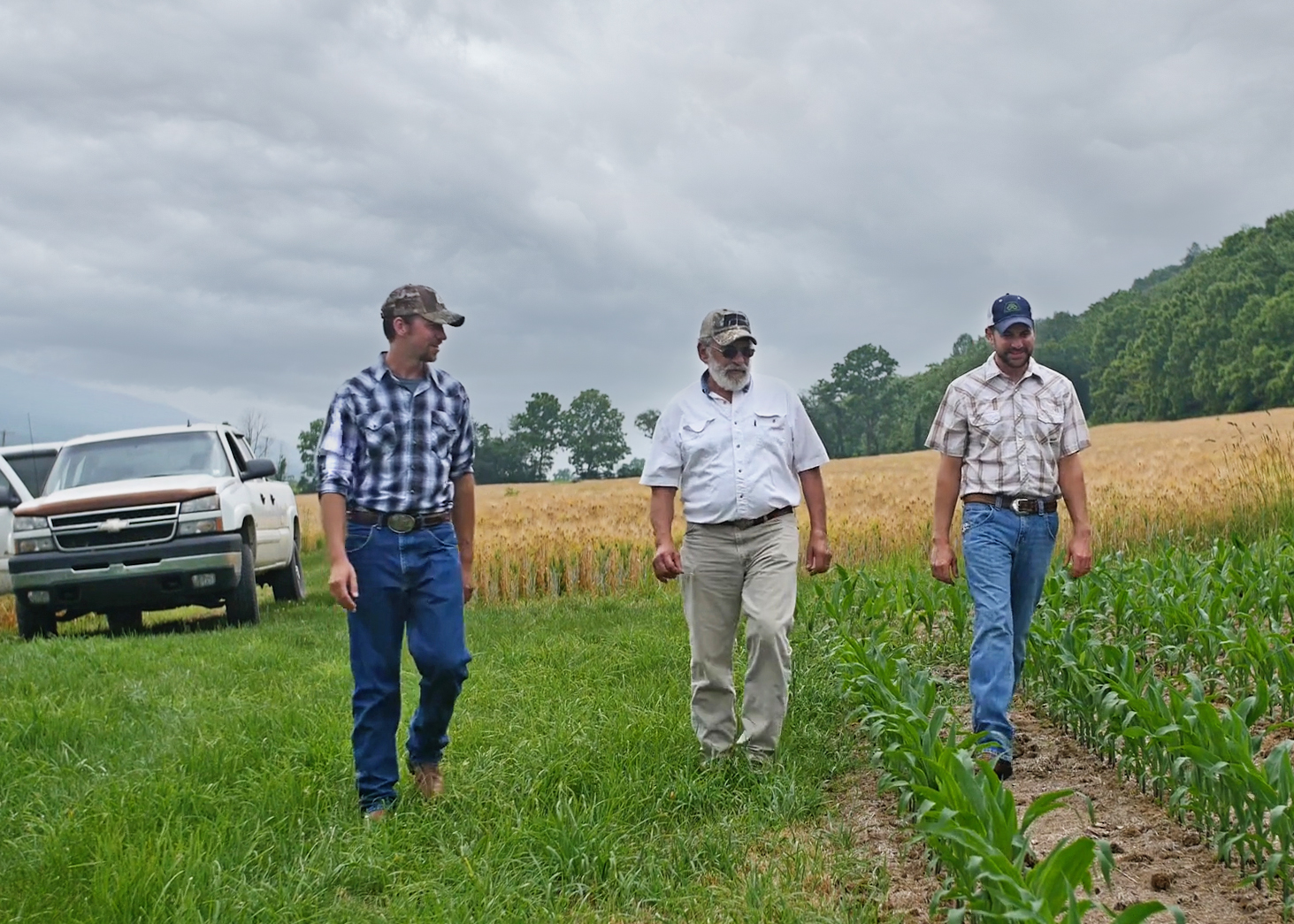Family farms have been the backbone of agriculture for generations. They are not just pieces of land; they are living legacies, built on hard work, love for the soil, and a commitment to providing food for the world. However, as the current generation of farmers ages, the need for a well-thought-out farm succession plan becomes increasingly critical. In this blog post, we’ll explore the importance of farm succession planning and provide insights into how to navigate this complex but essential process.
Why Farm Succession Planning Matters
Farm succession planning is the process of transferring ownership and management of a farm from one generation to the next. It’s a crucial aspect of ensuring the continuity of a family farm and its legacy. Here are several reasons why it matters:
Preserving the Family Legacy: Family farms often have deep historical and emotional ties. Succession planning ensures that the values, traditions, and hard work that built the farm are preserved and passed on to the next generation.
Maintaining Agricultural Expertise: Farming is a complex and ever-evolving profession. The knowledge and expertise acquired over decades are invaluable. A well-planned succession ensures that this knowledge is transferred seamlessly.
Financial Stability: Without a clear succession plan, there can be financial uncertainties that can impact the future of the farm. A well-structured plan can help avoid conflicts and ensure the financial stability of both retiring and incoming generations.
Continuity of Operations: A sudden transition can disrupt farm operations, affecting not only the family but also the community and consumers who rely on the farm’s products. Succession planning helps maintain continuity.
Tax Efficiency: Proper planning can minimize tax liabilities during the transfer of assets and property, allowing for a smoother transition without unnecessary financial burdens.
Key Steps in Farm Succession Planning
Creating a successful farm succession plan involves several crucial steps. Here’s a breakdown of what the process entails:
- Start Early: Farm succession planning is not something that can be done overnight. It’s a process that requires careful consideration and discussion among family members. Starting early gives everyone involved ample time to make informed decisions.
- Open Communication: Effective communication is the foundation of any successful succession plan. Family members need to openly discuss their goals, expectations, and concerns. This includes not only the retiring generation but also the incoming one.
- Assess the Farm’s Financial Situation: An accurate assessment of the farm’s financial health is crucial. This includes evaluating assets, debts, and income streams. It’s essential to understand the farm’s financial position before making any decisions.
- Choose a Successor: The selection of the successor is a critical decision. It should be based on the individual’s qualifications, commitment, and willingness to take on the responsibilities of farm management. Sometimes, it might be multiple family members sharing these roles.
- Develop a Transition Plan: The transition plan outlines the timeline for the transfer of ownership and management. It should also address how decisions will be made during the transition period and how conflicts will be resolved.
- Legal and Financial Considerations: Consulting with legal and financial professionals who specialize in farm succession planning is essential. They can help structure the plan to minimize tax liabilities and ensure legal compliance.
- Review and Revise: Farm succession planning is not a one-and-done process. It should be reviewed and updated periodically to adapt to changing circumstances, such as shifts in the market, family dynamics, or goals.
Challenges in Farm Succession Planning
While farm succession planning is crucial, it’s not without its challenges. Here are some common obstacles that families may face:
- Emotional Attachments: Family farms often hold sentimental value. Letting go of the farm can be emotionally challenging for the retiring generation.
- Sibling Rivalry: In families with multiple children, deciding who will take over the farm can lead to sibling rivalry and conflicts.
- Financial Complexity: The financial aspects of succession planning, including estate taxes and property valuation, can be complex and daunting.
- Lack of Communication: Poor communication can lead to misunderstandings and disagreements within the family, making the planning process more difficult.
- Resistance to Change: The younger generation may have innovative ideas for the farm, which can clash with the traditions and practices of the retiring generation.
Conclusion
Farm succession planning is about more than just transferring ownership; it’s about ensuring the sustainability of family farms and the agricultural traditions they represent. It’s a process that requires careful thought, open communication, and professional guidance. By addressing the challenges and embracing the opportunities, families can successfully pass the agricultural torch to the next generation, ensuring that the land continues to thrive and provide for future generations.





